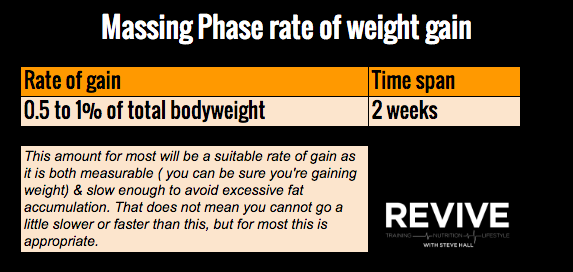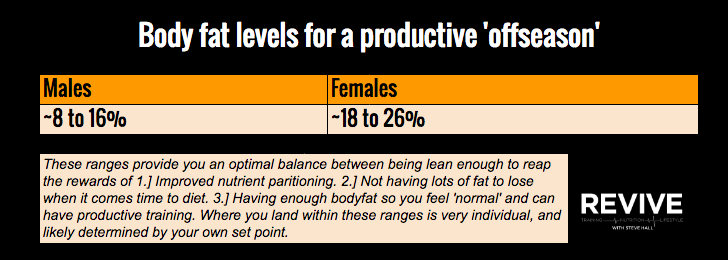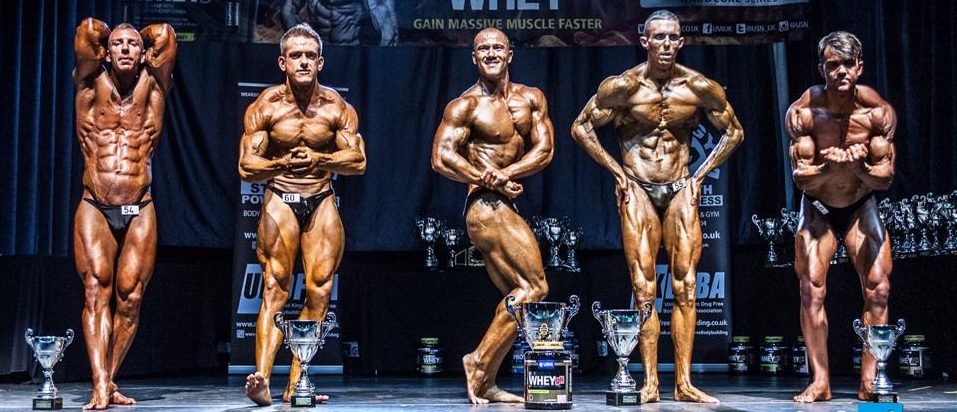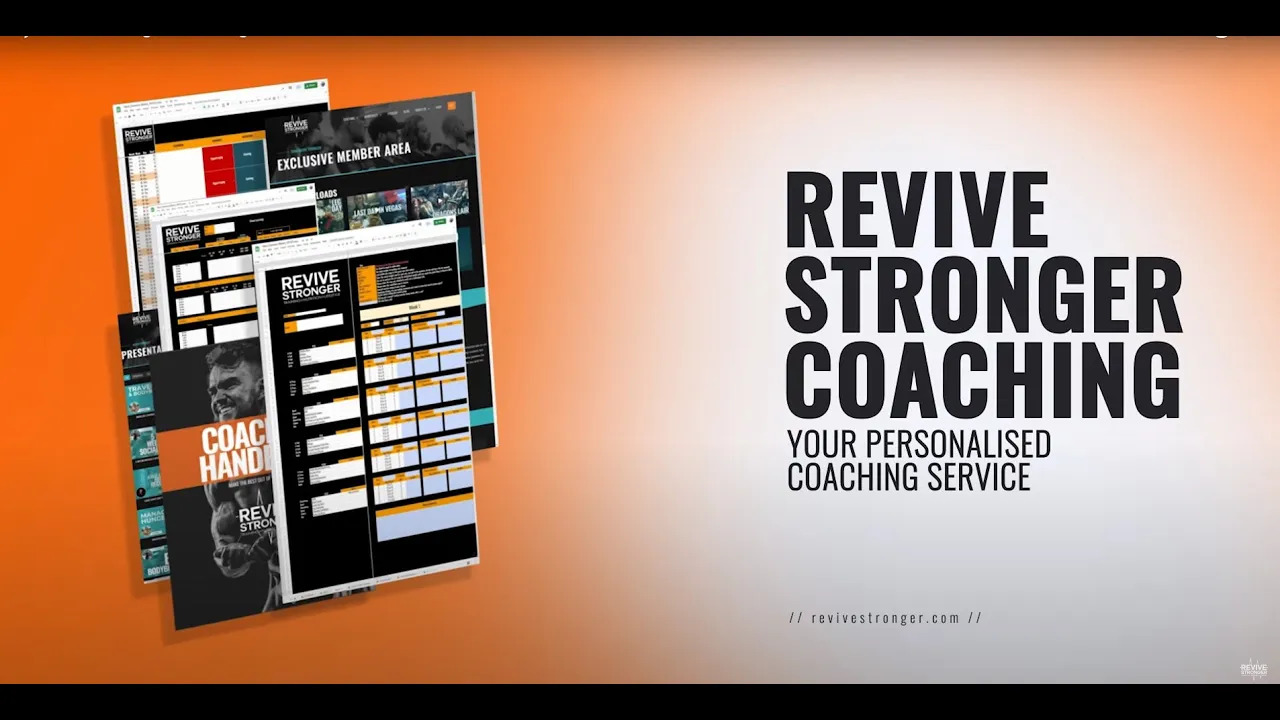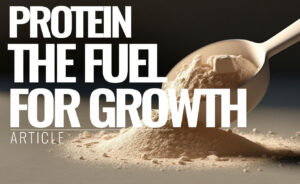
Revive Stronger
How to win your bodybuilding offseason
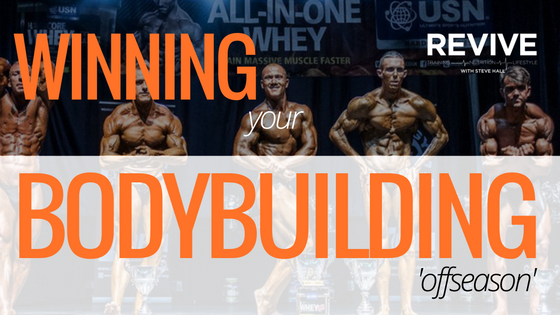
Your bodybuilding offseason means pigging out, no cardio and winging your workouts?
If it does, you’re shooting yourself in the foot.
It might be called ‘off’ but trust me when I say this, if you disrespect your offseason you will have a ‘horrendous season’. I’m not saying you don’t eat more, and that you can’t be more flexible with your training and cardio.
I am saying if you set nail your offseason, when it comes to contest prep you will:
- Have an easier time dieting
- Get superior conditioning
- Come to stage with more muscle
- Have a healthier mindset
- Win more trophies
Yup, all of that can and will be much more likely to happen, and it all starts with your offseason.
Now let’s get something lined out, let’s drop offseason.
Let’s introduce; improvement season.
[bctt tweet=”Drop the ‘offseason’, it’s the ‘improvement season'” username=”revivestronger”]
Table of Contents
Eating lots of food, without adding lots of fat
So it’s the improvement season, you want to grow some more muscle.
We’ve all been there, ‘dirty bulked’, you go onto that ‘see-food’ diet and consume all the food. Unfortunately you cannot force feed muscle, and this leads to a lot of fat gain. However, you can eat lots of food without gaining the fat, you just have to be smart.
[bctt tweet=”you cannot force feed muscle” username=”revivestronger”]
The following things are clearly outlined in-depth within my e-book Get Big Stay Lean.
#1 Don’t gain too fast
As I said you can only gain muscle at a certain rate, and this rate slows down as you advance in the weight room. Thus, we want to pick a speed of gain that is appropriate for you, it needs to be fast enough to track but slow enough to prevent unnecessary fat gain.
Unfortunately for anyone bar; untrained individuals, those on drugs or people new to scientific dieting and training you cannot gain muscle and lose fat at the same time (at least not to any significant degree). Thus, to gain appreciable muscle you need to accept that fat gain will happen, the key however is limiting it.
Our recommendation:
For example:
Week 1 – 180lbs
Week 3 – should have you 180.9 to 181.8lbs
I have written about why in depth here.
#2 Don’t get too fat
OK so you have set yourself up for success by not gaining weight too fast, but there will come a point in which it makes sense to stop. This is because as we get fatter our tendency to gain muscle drops in favour of fat, this is down to something called the Partitioning Ratio.
In short; when we’re leaner more of our calories get put towards muscle, when we’re fatter the opposite is true.
So how fat can we get?
Of course this doesn’t mean you want to stay silly lean year round, most males will feel like crap much below 10% body fat and women 20% body-fat, that’s not going to promote productive training and thus won’t lead to muscle growth.
So when you reach this upper limit of body fat, that is the time to cut down, I’ve had a lot of success using Mini-Cuts to bring fat levels down into the range above in a short period of time.
Building your metabolic rate
Now you’re not going to ‘build your metabolic rate’ that doesn’t really happen, however your metabolism will adapt to what it’s given. When we eat more we burn more, in one study participants were overfed and saw a 700 Calorie increase in their metabolic rate per day [1].
That isn’t to say you can keep creeping up Calories indefinitely and continue seeing incremental increases in your metabolic rate that outweighs the Calories added. You will eventually just increase your surplus. Our bodies fight to stay at a ‘set point’, much like the thermostat in your house, if it gets hot the air con will come on and if it gets cold the heating will blast.
As we increase calories our body fights to stay the same, ramping up energy expenditure, the degree to which it does this will differ person to person.
[bctt tweet=”you cannot keep creeping up calories indefinitely to ‘build you metabolism'” username=”revivestronger”]
So how do we determine whether of not we should keep bumping up Calories?
The key is to track your rate of gain appropriately (I have written about this comprehensively here) and if you stall out then increase your calories until you’re back at the speed of gain you wanted.
Having a plan
This should really go without saying, but you need to have a plan, you know what they say:
[bctt tweet=”…fail to prepare, prepare to fail…” username=”revivestronger”]
^ That’s very much true for a bodybuilder.
So you’ve planned your rate of gain and have some idea about how fat you can afford to get, but what about your training? And how careful should you be with your nutrition?
Training
Bodybuilders often overlook the importance of planning out their training, truth be told a lot of bodybuilders do not actually train, they ‘exercise’, in that they go into the gym without really knowing what it is they’re doing and why.
That will lead to poor results.
There are a few things you really should be planning:
- Individual training sessions: these are microcycles, weeks of training or your workout split. Whether you do legs, push, pull, or upper, lower. You need to have these planned out, and select your exercises appropriately learn how here.
- Training months: these are mesocycles, the culmination of many weeks of training, you should have planned overreaching periods, deload weeks and planned progressive overload. Get that right here.
- Training phases: this is your macrocycle, it should be split into distinct phases, in which you focus on accumulating volume and then backing off to re-sensitise or focus on getting stronger. By sequencing your phases of training you will get superior results as each potentiates the next. Learn how to do this here.
There is a lot more to training then lifting heavy and getting a pump, believe me.
Nutrition
Eat big to get big right? That’s what the improvement season is all about….NO, put the pizza and peroni down (although good choice). As mentioned already, you need to approach your improvement season with some control.
- Accountability: you need to have some way of accounting for what you eat, whether this means you use myfitnesspal and track your macros, or you just track calories and protein. Maybe you’re an experienced ‘tracker’ and can rely on ‘intuitively eating’ sufficient protein and calories and just tracking your weight to gauge progress. Whatever it is, you need some accountability.
- Nutrition periodisation: an improvement season shouldn’t be an excuse to perma-bulk, I’ve clearly set out some instances in which you’d need to cut and maintain weight above, you should match your nutrition to your training. Body composition changes should be made when you’re training for muscle growth and thus you should aim to maintain during lower volume ‘strength’ phases.
- Macro amounts: do you even know how much protein, fat and carbs you should be getting? Making sure your protein intake is sufficient is important throughout the year, fat and carbs come in more important when dieting. Get these right by reading this article.
- Protein perfection: OK so I already stated how getting sufficient protein is important year round, well you can take this a step further and look to perfect your protein intake. You see you can time your protein to allow Muscle Protein Synthesis (MPS i.e. muscle growth) to be maximally elevated, this is generally done by splitting your total protein requirements into 3-5 evenly spread meals (you can read more here).
[bctt tweet=”approach you offseason with some control” username=”revivestronger”]
As you can see there is more too it than eating in a calorie surplus, your nutrition is like the fuel to your training vehicle, without the right fuel you won’t move in the right direction or at all.
It all starts with your offseason (improvement season)
As you can see if you have a plan with your training, nutrition and body composition, you’ll set yourself up for success. You’ll grow a bunch of muscle, you’ll stay lean and be making sure to eat plenty of food, all of this will lead to a more successful contest prep:
-
You’ll have less fat to lose
-
You’ll have more muscle
-
You’ll be healthier
Those three things in combination will lead to superior conditioning and more muscle on stage, and that means more trophies….and we all love receiving trophies.
WHAT NEXT?
If you liked this, you will love:
- Steps to Contest Prep Success
- Get Big Stay Lean – a comprehensive guide to building lean muscle mass
Join my free facebook group or add me on snapchat (revivestronger) and ask your question there, I will respond asap. Or if you’re after a fresh training programme I have a free 4 week plan using DUP that you can download for free here.
One more thing…
Do you have a friend who would love the above? Share this article with them and let me know what they think.
[bctt tweet=”Bodybuilding shows are won in the offseason” username=”revivestronger”]
References
- Levine JA et al Role of Non-exercise Activity Thermogenesis in Resistance to Fat Gain in Humans. Science 1999, 283:212-214.
We are a personal coaching service that helps you achieve your goals. We want you to become the best version of yourself.


